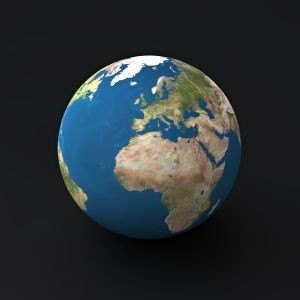Ranbaxy opens $30m SA plant to meet govt call for India trade boost
The facility, the Indian generics manufacturer’s second in the country and third in Africa, will make analgesics, cold and flu remedies, blood pressure treatments and central nervous system (CNS) drugs.
Ranbaxy said that, when fully operational, the plant will be capable of producing and packaging up to 2bn tablets and hard gelatine capsules a year and added that there is potential to expand.
Saxen van Coller, Ranbaxy’s CEO in the country, said the additional capacity meets with “South African government’s intention to strengthen the local pharmaceutical manufacturing industry.”
In February the South African government said that boost drug manufacturing in the country was an important part of its strategy to increasing its exports and reducing its national trade deficit.
And, while these calls have benefitted local players like Aspen Pharmacare, they have also attracted interest from a number of Indian manufacturers, which was a trend acknowledge by president Jacob Zuma in June.
Zuma described India as “an important partner of South Africa at many levels, politically, socially and economically,” and highlighted Aurobindo Pharmaceuticals and Cipla among the country’s most important investors.
Market growth
Ranbaxy’s investment and efforts to become a “significant provider of pharmaceuticals to the State” also come at a time when generics firms are facing increased competition from Big Pharma players.
This increase in competition has seen firms like Merck & Co and GSK partner, with Adcock Ingram and Aspen, respectively, to increase their access to the country’s drug market in the last 12 months.
Framed in these terms, Ranbaxy's investment seems like a timely move as additional manufacturing capacity will surely help it compete more effectively in South Africa's $2bn a year drug market.





